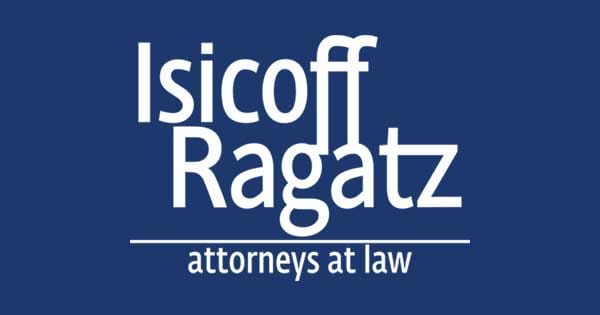Businesses operate under many regulations and constraints. A Florida entity likely must follow rules and laws that originate from local, state, and federal sources. Its compliance with those rules and regulations keeps it in good standing and able to continue its operations.
Unfortunately, not all entities prioritize compliance and may disregard or ignore imposed regulatory instructions. This type of corporate behavior can put employees in the difficult position of knowing something is wrong but not wanting to jeopardize their jobs by reporting. Under Florida’s Whistleblower Act (Act), workers are protected from this form of retaliation when they report specific types of violations committed by their employers.
Public health, safety, and welfare
One form of regulations that are protected from reporting under the Act are those that protect the public health, safety, and welfare. When a state, local, or federal law imposed to protect these public interests is violated, a worker can report it to the proper authorities without putting themselves in a position to be fired for their act. Whistleblowers who act to protect public health and safety are covered by the Act.
Financial malfeasance of public funds
Another form of regulations covered by the Act are those related to the use of public funds. When a worker knows or suspects that their employer is mismanaging, misusing, or wasting public funds, or committing fraud, they are permitted to make a report and still be protected as a whistleblower. It is in the interest of the public to have its money properly managed and used, and whistleblowers play a role in ensuring that is done.
This post does not cover all specific scenarios of all types of information protected by the Act. It is important that when a worker believes their employer has violated a mandatory regulation that they speak to a legal professional about their options. Whistleblowers in Florida are protected and have rights.

